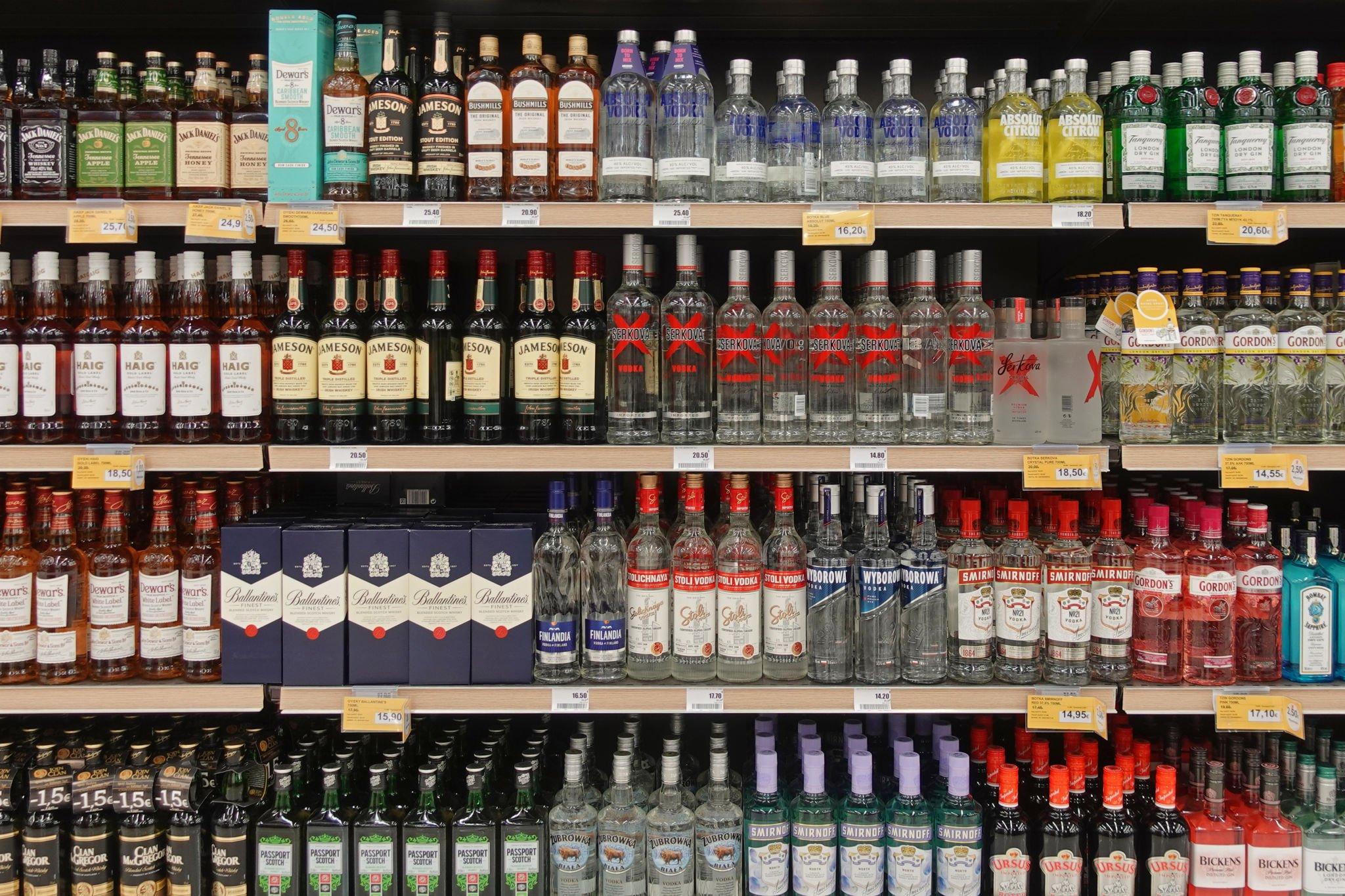No products in the cart.
Latest Tax updates in the liquor industry
In a dynamic legislative landscape, comprehending Kenya’s evolving tax regulations is imperative for industry stakeholders. Unveiling a series of measures in late 2022, the Kenyan government has significantly impacted the alcoholic beverage sector, accompanied by cigarettes. Led by President William Ruto and Deputy Rigathi Gachagua, the government has articulated its commitment to curbing alcoholism through robust legislation.
Proposed Tax Adjustments
- Beer Tariff Hike: A proposal entails raising the beer tariff from Sh. 134 to Sh. 142.4 for every two bottles.
- Wine Price Adjustment: The per-liter cost of wine may ascend from Sh. 229 to Sh. 243.4.
- Spirits Tax Increment: Taxes on spirits could see an increment from Sh. 335 to Sh. 356.4 per liter.
Alcohol-Induced Health Issues
A report from the Centre for Disease Kenya has underscored the prevalence of alcohol-induced diseases among Kenyans, including liver cirrhosis, high blood pressure, stroke, and digestive problems. Recognizing the urgency of the situation and its impact on public health, the Kenyan Revenue Authority declared an up to 6.3% rise in specific excise duty rates in September 2022, corresponding to Kenya’s average inflation rate for the fiscal year 2021–2022.
Targeting Alcohol Advertising
To address the concerns and implications of excessive alcohol consumption, the Kenyan government proposed a 15% tax on alcohol advertising in the 2022–2023 budget. Additionally, for the 2022–2023 fiscal year, the government has recommended a distinct 10% increase in excise taxes, separate from the routine inflation adjustments.
ABAK’s Opposition to IMF-Backed Tax Plans
In 2023, the Alcoholic Beverage Association of Kenya (ABAK) found itself at odds with the tax plans supported by the International Monetary Fund (IMF). These plans aimed to raise the minimum excise rate based on liters of pure alcohol (LPA) from Sh. 356.40 to Sh. 596. This is as per a study by the East African Community (EAC) tax policy sub-committee.
ABAK’s Critique of Tax Strategy
ABAK criticized the National Treasury’s Medium-Term Revenue Strategy, which proposed a 67% hike in excise taxes. ABAK argued that this increase could have detrimental consequences on the spirits business. Notably, Kenya had previously raised excise taxes on alcoholic beverages by 20% in July of the previous year, followed by an additional 6% increase in October.
Confronting Illicit Brewing Challenges
This escalating issue of illicit brewing, which thrives on the sale of unregulated alcohol, poses a substantial challenge. A report by Euromonitor Consulting estimated annual tax losses of 71 billion, further underscoring the need for compreh2ensive and effective measures in this realm.
As you stay informed about these significant changes in the Kenyan liquor industry, consider visiting Quest Liquor Store to explore a wide range of quality liquors.

